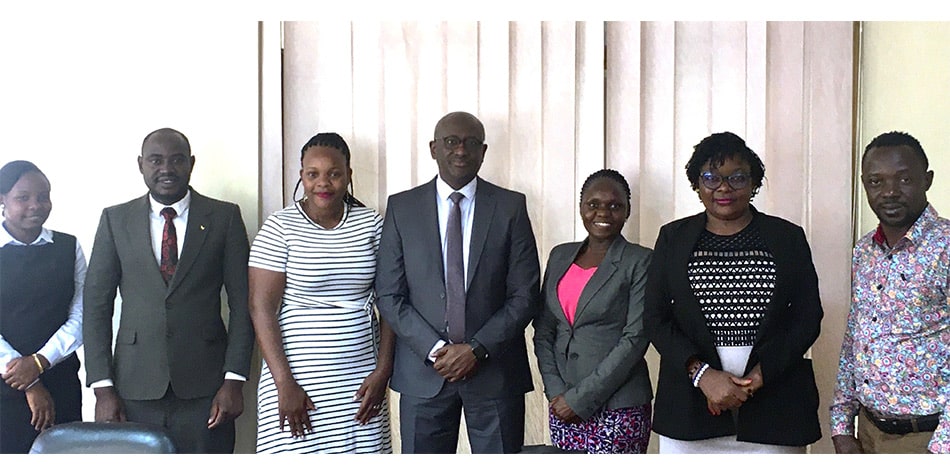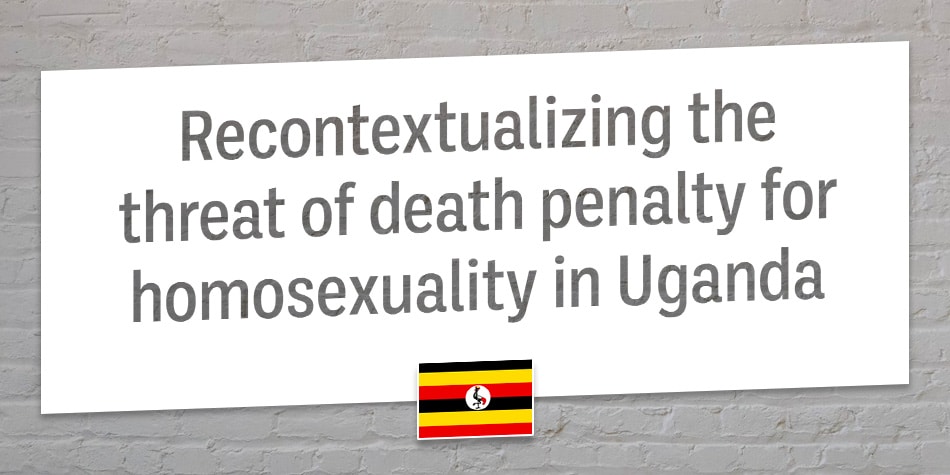From moratorium to abolition: Africa wants to make the jump
Africa
This ambitious project faces many obstacles, as Johnson Byabashaija, Uganda’s Prison Commissioner General explained. Sub-Saharan communities are very punitive and retributive. As an example: “A civilian can be executed by the civilian population for the theft of a chicken without the justice system intervening”. Moreover, the majority of politicians support the death penalty. But the five experts are confident and like to cite the examples of Burundi and Togo who both abolished capital punishment in 2009.
The different abolitionist movements, including the African Commission for Human Rights, have numerous tools. Philip F. Iya, member of the working group on the death penalty within that institution, identified four strategies: law reform, obtaining a protocol for abolition, assurance that each case be treated seriously and, finally, the putting in place of measures against the death penalty by the different states.
Liévin Ngondji, President of the Democratic Republic of Congo association Culture pour la paix et la justice (Culture for Peace and Justice) concluded by warning that: “As long as abolitionists are not united, and do not concentrate their efforts, we will not move forward”.







